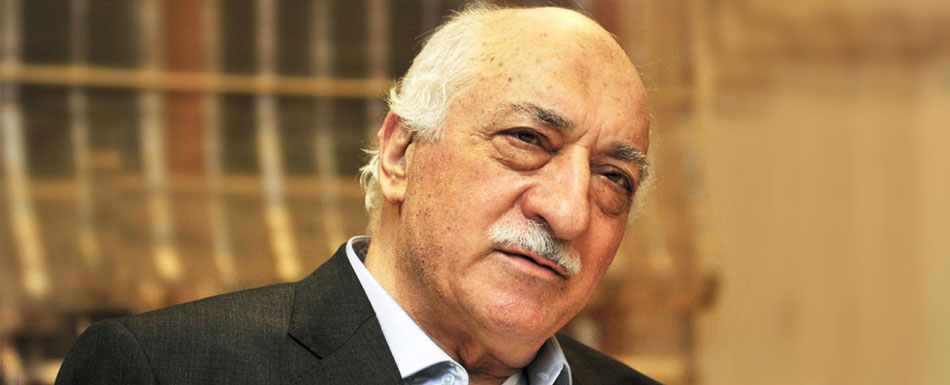How does Fethullah Gülen motivate people to offer altruistic services?

One of Fethullah Gülen’s arguments invites people to live and act not for their own present but for the future of later generations. He maintains that people in the present and future generations will pay dearly and not know comfort and contentment if people today do not exert the necessary efforts for the coming generations. Giving examples of characters and events in the past, from Turkish and non-Turkish or from Muslim and non-Muslim history, he has succeeded in awakening a sense of moral duty and obligation, a sense of selfless and generous concern for others. He has used the analogy of a candle consuming itself but illuminating its surroundings.
If people are not financially able to contribute, he asks them to give their time, thoughts, energy and moral support to collective services. Among the examples he has given are the Biblical Prophets and the Messenger of Islam, their companions and disciples, saintly and scholarly people from global communities, or scientists and community leaders. It is common to encounter names like Newton, Pascal, Sir James Jeans, Kant, Gandhi, Iqbal and Rumi in his writings and teachings.
Fethullah Gülen also presents the world as a market for humanity’s benefit and God’s pleasure and says people should compete in righteous and beneficial services without ulterior motives. He urges them to combine their efforts, resources and energies in the field of education into charitable trusts in which no one benefits from the funds the institutions raise except the students themselves. Citing a saying attributed to Ali, the fourth caliph in the formative era of Islam, Gülen holds that “all human beings are one’s brothers and sisters. Muslims are one’s brothers and sisters in religion, while non-Muslims are one’s brothers and sisters in humanity. […] Human beings are the most honorable of creatures. Those who want to increase their honor should serve this honorable creature.”
- Created on .